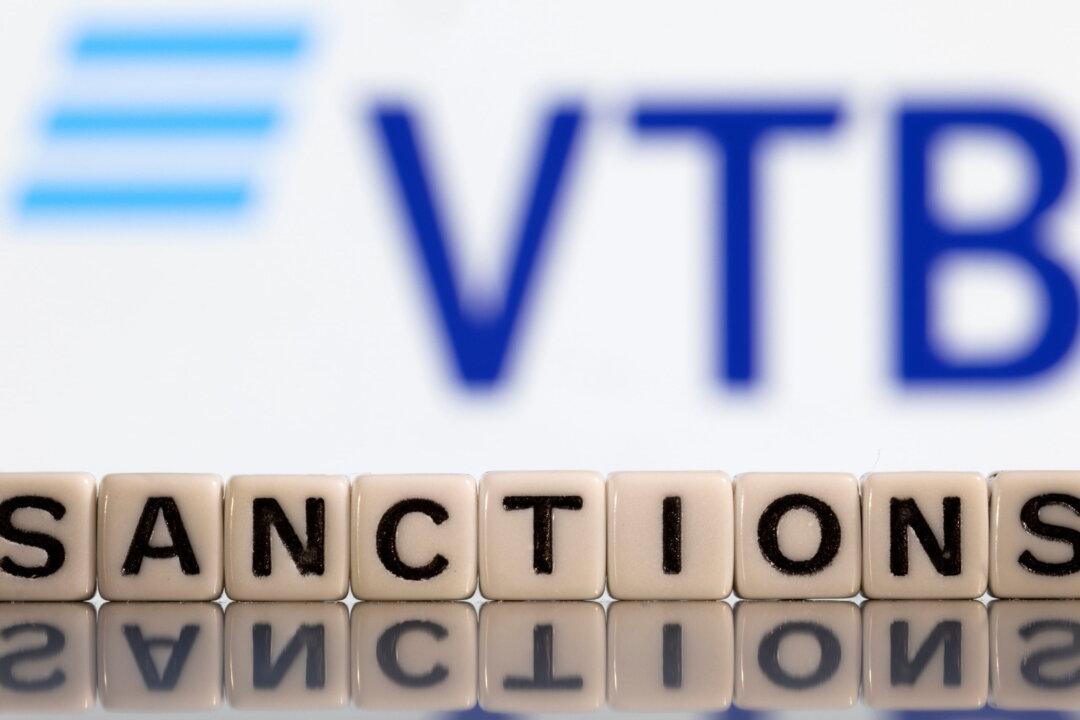Sanctioned Russian lender VTB has made coupon payments in roubles to holders of its domestic subordinated bonds denominated in dollars and euros, the National Settlement Depository said on Tuesday.
Russia’s ability to continue servicing debt in foreign currencies is in focus as the government, which has so far avoided a default, faces issues paying holders of its sovereign debt.





